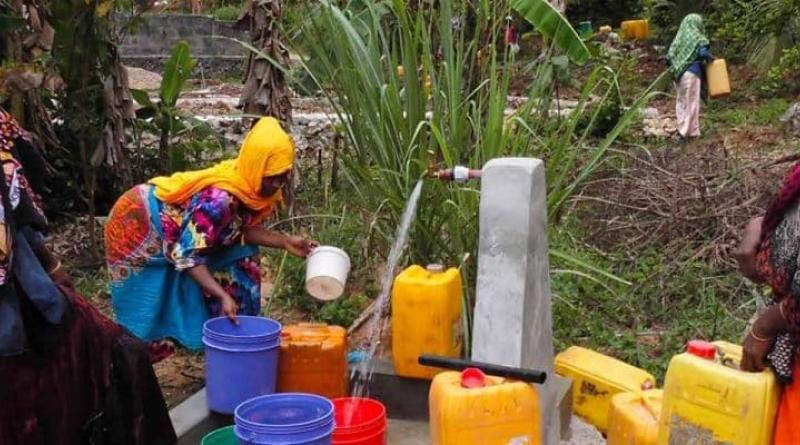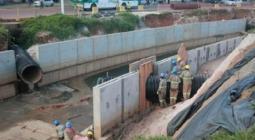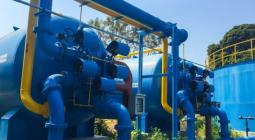As climate change impacts water supply and sanitation in Mali, the African Development Bank (AfDB) has approved a grant of nearly €5 million to strengthen the resilience of populations in the Kayes region and the Kati circle.
The funding of approximately €5 million will be provided by the African Water Facility (AWF), a multilateral water fund administered and managed by the African Development Bank (AfDB), which supports and facilitates resource mobilisation. The grant will be used for the implementation of the Climate Resilient Water Supply and Sanitation and Covid-19 Pandemic Support Project in the Kayes Region and the Kati Circle, located in western and southern Mali respectively.
The aim is to strengthen drinking water supply and sanitation services for more than 438,700 people in these rural areas, in a context marked by climate change. According to the AfDB, 25 improved drinking water supply facilities will be built in Kayes and Kati, three of which will be multi-village drinking water supply systems (DWSS).
Delivery of the facilities in 2025
The project will also allow for the construction of 249 latrine cabins. The future facilities will be equipped with showers for women in 83 public places, including 29 schools, 10 health centres, 13 markets and 31 places of worship. The water and sanitation systems will be delivered during 2025.
In addition to improving access to drinking water and sanitation, the project to support the supply of drinking water and sanitation that is resilient to climate change and the Covid-19 pandemic in the Kayes region and the Kati circle will make it possible to develop the concept of “modern villages” that have all the basic infrastructure (water, electricity, health centre, school), with a view to promoting socio-economic development centres in rural areas.
Read also –
“The initiative will also strengthen the governance capacities of stakeholders for the protection, prevention and management of hydro-climatic risks and pandemics of similar magnitude to those of Covid-19, and will support the empowerment of women and youths while improving their economic productivity,” says Marie-Laure Akin-Olugbade, AfDB’s Director General for West Africa.
Inès Magoum





